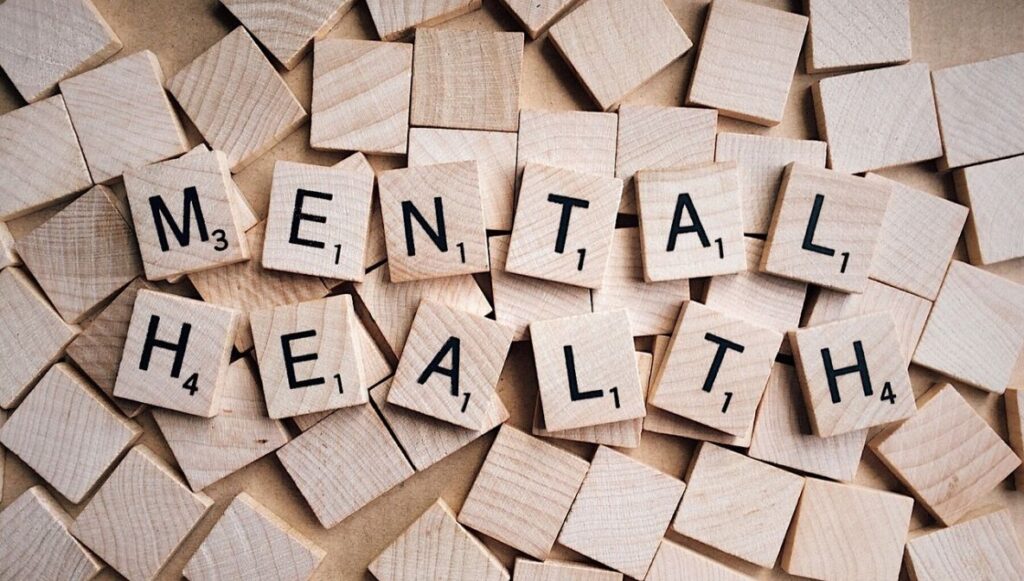Mental health is an essential part of overall well-being, yet it often gets overlooked in daily life. Developing effective Mental Health Strategies is crucial for maintaining emotional balance, reducing stress, and improving overall happiness. When we focus on mental health, we not only feel better but also enhance our ability to cope with challenges and make healthier life choices.
Mental health is as important as physical health, and taking care of it should be a priority. Implementing mental health strategies can include practices like mindfulness, therapy, exercise, and creating a positive routine. These strategies are simple, but they have the potential to drastically improve your quality of life.
Key Points to Remember:
- Mental health strategies are essential for maintaining emotional stability.
- Regular practices such as exercise and mindfulness can reduce stress.
- Small, consistent changes can lead to long-term improvements in mental well-being.
What Are Mental Health Strategies and Why Are They Important?
Mental health strategies are techniques or habits that help you manage stress, cope with anxiety, and maintain a positive mental state. These strategies involve both proactive and reactive approaches, which can range from practicing self-care to seeking professional help. It’s important to recognize that mental health is a journey, not a destination.
Some popular mental health strategies include mindfulness meditation, talking to a therapist, maintaining a routine, and exercising regularly. These strategies help reduce the impact of stress, anxiety, and other emotional challenges.
Key Examples of Mental Health Strategies:
- Mindfulness Meditation: Helps in staying grounded in the present moment, reducing anxiety.
- Regular Exercise: Boosts endorphins, promoting better mood and reducing stress.
- Therapy and Counseling: Provides a safe space to talk about challenges and develop coping strategies.
Note: It’s important to personalize your mental health strategy to suit your specific needs. What works for one person may not work for another.
How Can Exercise Routines for Beginners Improve Mental Health?
Exercise is one of the most effective Mental Health Strategies for improving well-being. For beginners, starting with simple exercises can help you manage stress and boost mood. Regular physical activity increases the production of endorphins, the “feel-good” hormones in your brain. This leads to improved emotional regulation, reduced anxiety, and better sleep quality.
Benefits of Exercise for Mental Health:
- Reduces Stress: Physical activity helps lower cortisol levels, a hormone related to stress.
- Improves Mood: Exercise increases endorphin levels, leading to a natural mood boost.
- Promotes Better Sleep: Physical activity regulates sleep cycles, which is essential for mental health.
Reminder: Even low-impact activities like walking or stretching can significantly improve your mental health over time.
How Do Sleep Hygiene Practices Affect Mental Health?
Sleep is another critical factor in Mental Health Strategies. Poor sleep can negatively affect emotional regulation, leading to irritability, increased stress, and difficulty concentrating. By establishing good Sleep Hygiene Practices, you can improve both your quality of sleep and your mental well-being.
Good sleep hygiene includes consistent sleep schedules, creating a comfortable sleep environment, and avoiding stimulants like caffeine before bed. These habits help promote restful sleep, which in turn supports better mood, reduced stress, and clearer thinking.
Key Sleep Hygiene Practices:
- Set a Regular Sleep Schedule: Go to bed and wake up at the same time every day to regulate your circadian rhythm.
- Create a Relaxing Bedtime Routine: Avoid screens, read a book, or practice relaxation techniques to unwind.
- Optimize Your Sleep Environment: Make sure your bedroom is dark, quiet, and cool for the best sleep quality.
How Can Healthy Eating Tips Support Mental Health?
The foods you eat play an important role in Mental Health Strategies. A healthy, balanced diet can improve brain function, mood, and stress resilience. Nutrient-dense foods, including fruits, vegetables, whole grains, and lean proteins, support mental clarity and emotional stability.
Foods That Improve Mental Health:
- Omega-3 Fatty Acids: Found in fish like salmon and walnuts, these support brain function and reduce depression.
- Leafy Greens: High in folate, which is essential for mood regulation.
- Whole Grains: Help stabilize blood sugar levels, which influences mood.
Note: It’s important to avoid excessive caffeine and sugar, which can lead to mood swings and anxiety.
Conclusion
Creating your own Mental Health Strategy is an important step toward living a balanced and fulfilling life. By incorporating strategies like mindfulness, exercise, healthy eating, and good sleep hygiene, you can develop a routine that supports emotional well-being and reduces stress. Mental health is a continuous journey, and it’s important to be kind to yourself along the way. Regularly assessing and adjusting your strategy as needed will help you maintain mental clarity, reduce anxiety, and improve your overall quality of life.
Remember, taking care of your mind is just as important as taking care of your body. Embrace your mental health journey, and don’t hesitate to seek support when needed.
FAQ’s
1. What are the best Mental Health Strategies for managing stress?
Mindfulness meditation, regular exercise, and maintaining a structured daily routine are great strategies to manage stress effectively.
2. How does regular exercise improve mental health?
Exercise boosts endorphins, reduces stress hormones, and improves overall mood, which helps combat anxiety and depression.
3. Can improving sleep hygiene help with mental health?
Yes, getting consistent, quality sleep is essential for emotional regulation and cognitive function, which improves mental well-being.
4. What foods are best for mental health?
Foods rich in omega-3 fatty acids, leafy greens, and whole grains support brain health and emotional stability.
5. How do I create a personalized mental health strategy?
Consider incorporating practices like mindfulness, exercise, sleep hygiene, and healthy eating into your daily routine, and adjust as needed.
